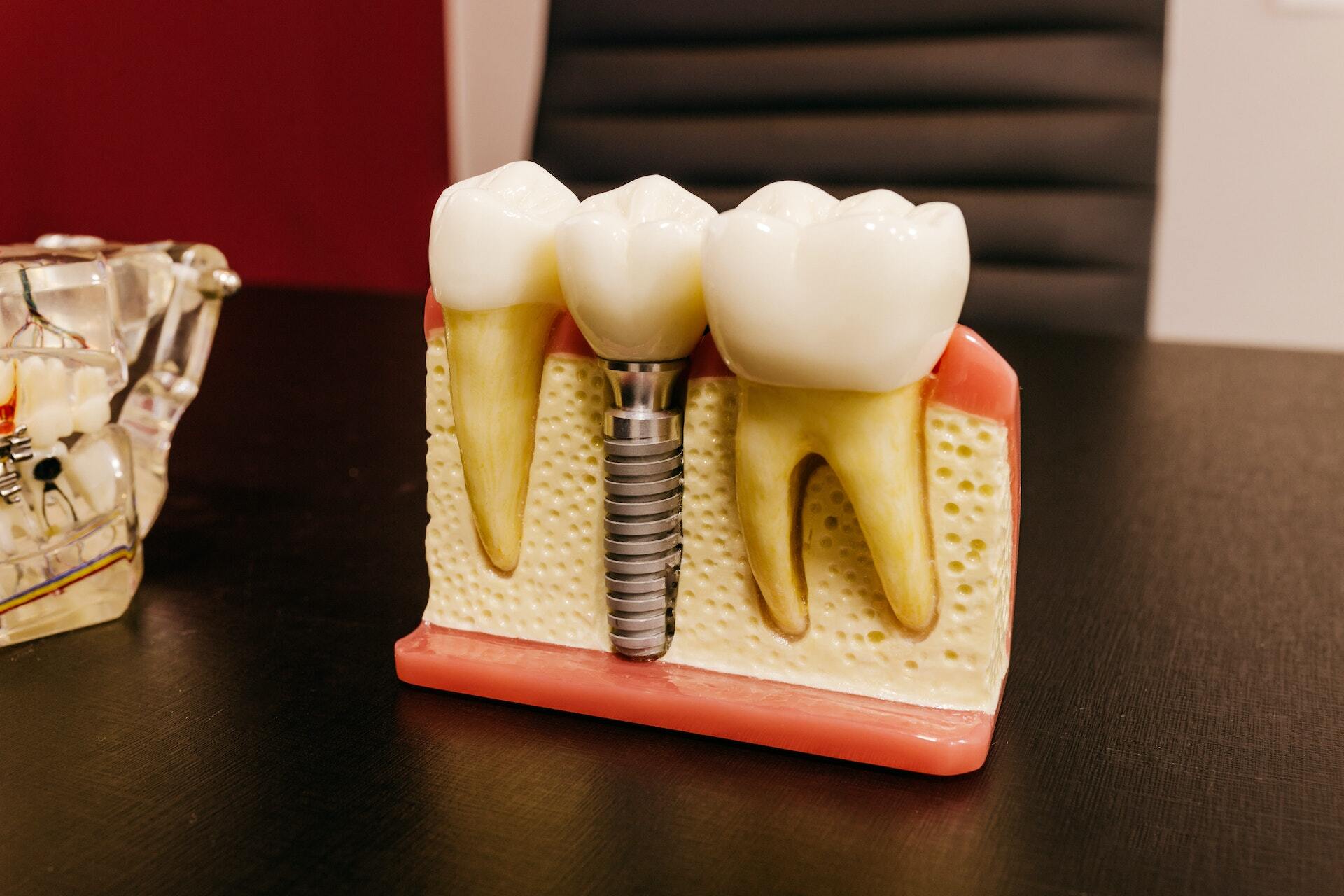Table of Contents
A bright and healthy smile not only boosts confidence but also contributes to overall well-being. Tooth loss, however, is a prevalent issue faced by many individuals due to various factors such as accidents, dental diseases, or aging. Dental implants have emerged as a groundbreaking solution to restore missing teeth, offering both aesthetic benefits and functional advantages. In this comprehensive guide, we will explore dental implant prices, factors influencing their costs, their significance, affordability, uses, benefits, and their long-lasting impact on your oral health.
Dental Implants: A Brief Overview
Dental implants are artificial tooth roots typically made from biocompatible materials like titanium. These implants are surgically placed into the jawbone to provide stable support for replacement teeth, such as crowns, bridges, or dentures. This procedure is considered the gold standard for tooth replacement due to its natural appearance, durability, and ability to restore oral function effectively.
Dental Implant Prices and Affordability
The cost of dental implants can indeed appear substantial, but it&8217;s essential to view them as a long-term investment in your oral health and quality of life. While prices can vary significantly, here&8217;s a general breakdown.
Implant Placement: The surgical placement of a single dental implant can range from $1,000 to $3,000.
Abutment: The abutment, which connects the implant to the restoration, generally costs between $200 to $500.
Restoration: The cost of the crown, bridge, or denture attached to the implant can vary but typically falls within the range of $1,000 to $3,000 or more per tooth.
Additional Procedures: If you need bone grafting, sinus lifts, or other preparatory procedures, these can add several hundred to a few thousand dollars to the total cost.
Consultation and Follow-up Visits: Consultation fees, diagnostic imaging, and follow-up visits can also add several hundred dollars to the overall cost.
Make Dental Implants More Affordable:
Dental Insurance: Some dental insurance plans provide partial coverage for implant procedures. Review your insurance policy to determine if you have any coverage.
Dental Savings Plans: Dental savings plans offer discounts on implant procedures and other dental treatments, providing an alternative to traditional insurance.
Payment Plans: Many dental practices offer flexible payment plans, allowing you to spread the cost of treatment over time for better affordability.
Health Savings Accounts (HSAs) and Flexible Spending Accounts (FSAs): These tax-advantaged accounts can be used to pay for dental implant procedures, reducing out-of-pocket expenses.
Consider Traveling: In some cases, traveling to a different location for dental implant treatment can be more cost-effective, even when factoring in travel expenses.
Preserve Your Existing Teeth: Practicing good oral hygiene and preventive care can help you avoid the need for implants in the first place, potentially saving you money in the long run.
The Significance of Dental Implants
Dental implants offer more than just cosmetic improvements. Their significance goes beyond aesthetics, touching on various aspects of your oral health and overall well-being:
Restored Confidence: Dental implants provide a natural-looking and functioning solution for missing teeth, restoring your smile and confidence.
Improved Oral Function: Unlike traditional dentures, implants offer stability and functionality similar to natural teeth, allowing you to eat and speak with ease.
Preservation of Jawbone: Implants stimulate the jawbone, preventing the bone loss that typically occurs when teeth are missing. This helps maintain facial structure and prevents a sunken appearance.
Longevity: Dental implants are known for their durability and longevity. With proper care, they can last a lifetime, making them a worthwhile investment.
Uses and Benefits of Dental Implants
Dental implants have a wide range of uses and benefits:
Single Tooth Replacement: Implants are ideal for replacing a single missing tooth without affecting adjacent teeth.
Multiple Teeth Replacement: Implants can support bridges or partial dentures to replace several missing teeth in a row.
Full-Mouth Restoration: For individuals with complete tooth loss, full-mouth dental implants offer a comprehensive solution, often called &8220;All-on-4&8221; or &8220;All-on-6&8221; procedures.
Improved Stability: Unlike removable dentures, implant-supported dentures stay securely in place, eliminating the need for adhesives and reducing the risk of slippage during eating or speaking.
Enhanced Aesthetics: Dental implants provide a natural and aesthetically pleasing appearance, as they closely resemble real teeth.
Maintenance of Adjacent Teeth: Unlike traditional bridges, implants do not require the alteration of neighboring healthy teeth for support, preserving your natural teeth.
Long-Lasting Impact
The decision to invest in dental implants offers a long-lasting impact on your oral health and overall quality of life. Here&8217;s how:
Improved Quality of Life: Dental implants enhance your ability to eat, speak, and smile confidently, improving your overall quality of life.
Oral Health Preservation: Implants stimulate the jawbone, preventing bone loss and preserving your oral health and facial structure.
Durability: Dental implants are known for their longevity. With proper care, they can last a lifetime, sparing you from the hassle of frequent replacements.
Enhanced Self-Esteem: A complete and beautiful smile can boost self-esteem, helping you feel more confident in social and professional settings.
Conclusion
Dental implants offer a transformative solution for individuals with missing teeth. While the cost of dental implants may initially appear significant, they represent a wise long-term investment in your oral health and overall well-being. Understanding the factors influencing dental implant prices and exploring affordability options can help you make an informed decision.
Furthermore, the significance, uses, and benefits of dental implants extend far beyond aesthetics. They restore confidence, improve oral function, preserve jawbone health, and provide lasting results that positively impact your life.
When considering dental implants, consult with a qualified dentist to determine the best treatment plan for your specific needs and budget. Remember that the cost may vary depending on individual circumstances, but the benefits of a beautiful, healthy smile are truly priceless.

